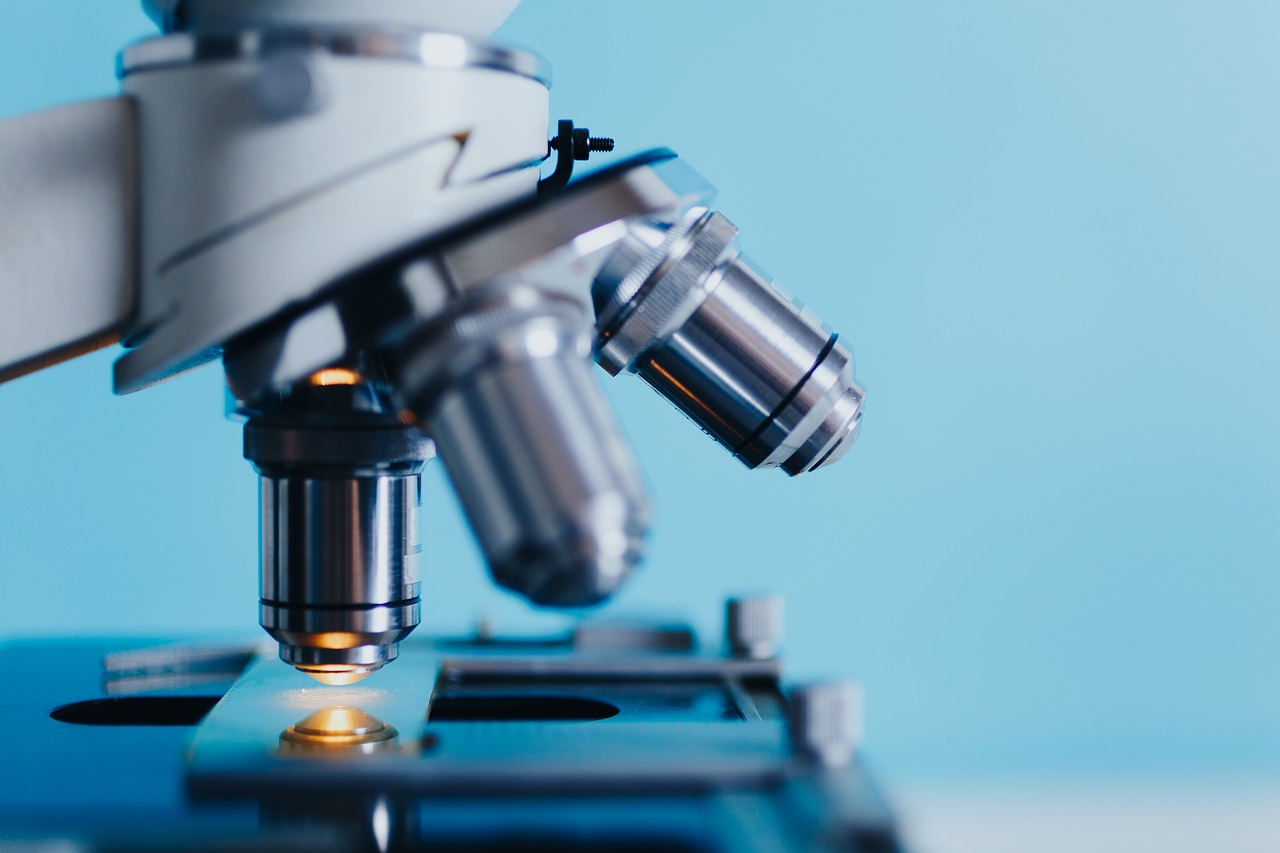Another gene-edited baby may be on the way, scientist says
By Marilynn Marchione,
AP News
| 11. 28. 2018
A Chinese researcher who claims to have helped make the world's first genetically edited babies says a second pregnancy may be underway. Researcher He Jiankui spoke publicly for the first time about the controversial experiment today in Hong Kong.
HONG KONG (AP) — A Chinese researcher who claims to have helped make the world’s first genetically edited babies says a second pregnancy may be underway.
The researcher, He Jiankui of Shenzhen, revealed the pregnancy Wednesday while making his first public comments about his controversial work at an international conference in Hong Kong.
He claims to have altered the DNA of twin girls born earlier this month to try to make them resistant to infection with the AIDS virus. Mainstream scientists have condemned the experiment, and universities and government groups are investigating.
The second pregnancy is in a very early stage and needs more time to be monitored to see if it will last, He said.
Leading scientists said there are now even more reasons to worry, and more questions than answers, after He’s talk. The leader of the conference called the experiment “irresponsible” and evidence that the scientific community had failed to regulate itself to prevent premature efforts to alter DNA.
Altering DNA before or at the time of conception is highly controversial because the changes can be inherited...
Related Articles
By Diaa Hadid and Shweta Desai, NPR | 01.29.2026
MUMBRA, India — The afternoon sun shines on the woman in a commuter-town café, highlighting her almond-shaped eyes and pale skin, a look often sought after by couples who need an egg to have a baby.
"I have good eggs,"...
By George Janes, BioNews | 01.12.2026
A heart attack patient has become the first person to be treated in a clinical trial of an experimental gene therapy, which aims to strengthen blood vessels after coronary bypass surgery.
Coronary artery bypass surgery is performed to treat...
By Staff, ScienceDaily | 01.05.2026
Scientists at UNSW Sydney have developed a new form of CRISPR technology that could make gene therapy safer while also resolving a decades-long debate about how genes are switched off. The research shows that small chemical markers attached to DNA
...
Following a long-standing CGS tradition, we present a selection of our favorite Biopolitical Times posts of the past year.
In 2025, we published up to four posts every month, written by 12 authors (staff, consultants and allies), some in collaboration and one simply credited to CGS.
These titles are presented in chronological order, except for three In Memoriam notices, which follow. Many more posts that are worth your time can be found in the archive. Scroll down and “VIEW...




